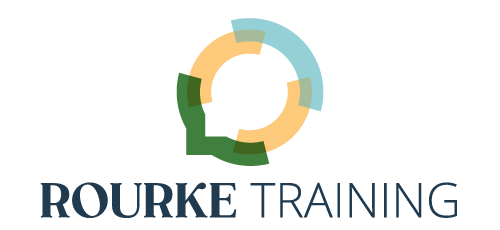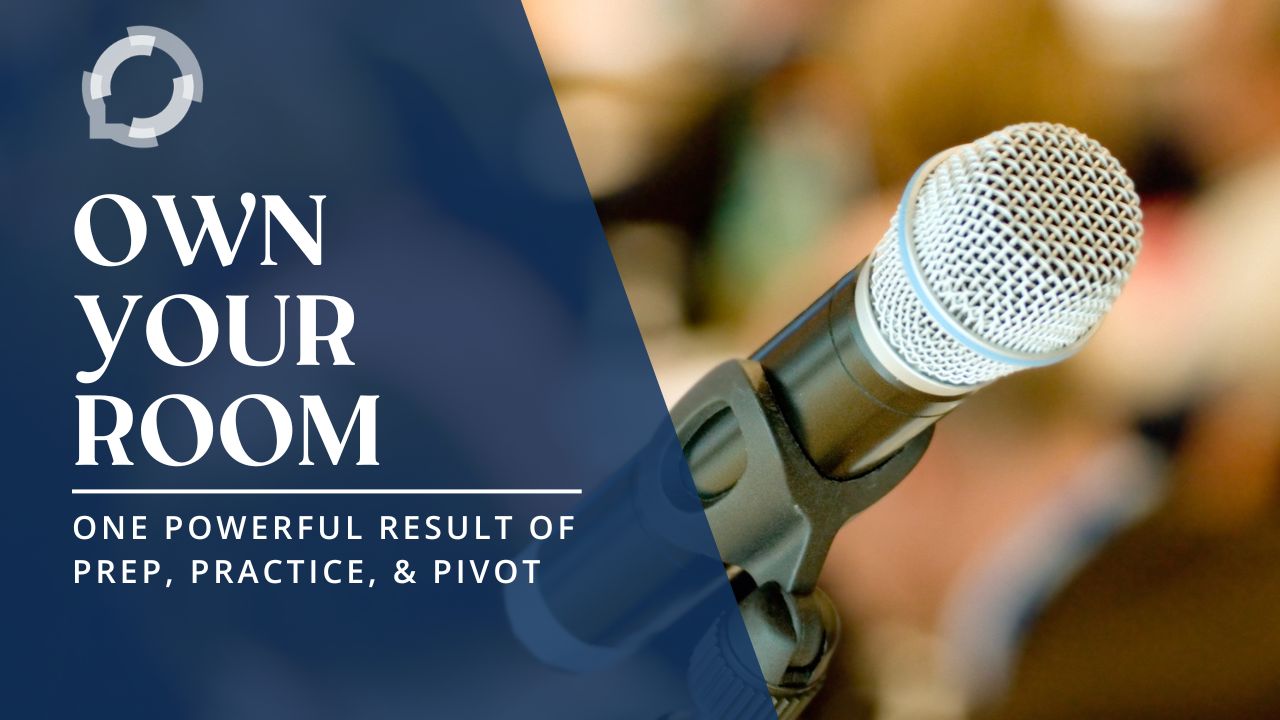March is Women’s History Month in the United States, and March 8th is International Women’s Day.
The United Nation’s theme for IWD 2024 is Invest in Women: Accelerate Progress, because “investing in women and championing gender equality turbocharges a future where everyone in society can thrive, creating a world of boundless opportunity and empowerment for all.”
The International Women’s Day organization is highlighting gender equality in 2024, with the theme and hashtag #InspireInclusion. Their call to action, in particular, invites all to find their own ways to participate, “Imagine a gender equal world. A world free of bias, stereotypes, and discrimination. A world that’s diverse, equitable, and inclusive. A world where difference is valued and celebrated. Together we can forge women’s equality. … IWD belongs to everyone, everywhere. Inclusion means all IWD action is valid.”
In this spirit of building community and equity, today’s post is about a topic near and dear to our hearts: own your room. Your ethos as a speaker or trainer depends on how you run your space, whether you’re in person or online. Claim your authority, speak with confidence, and refuse to let someone else co-opt your spotlight.
How? Prep, practice, and pivot.
A Room of One’s Own
Our exhortation that women own their room comes from Virigina Woolf’s groundbreaking essay about the conditions necessary for women to succeed as writers.
In September 1929, Woolf published an essay that’s widely recognized as a founding text of feminism, A Room of One’s Own. The essay develops speeches that Woolf gave to two separate audiences at women’s colleges within the University of Cambridge; this is especially poignant as Woolf’s father believed that education was best reserved for men. It takes a long view of the structural social and economic conditions that have quieted or outright silenced women’s voices. The essay’s title comes from Woolf’s assertion that “a woman must have money and a room of her own if she is to write fiction.”
The core premise of Woolf’s essay is that women need to be able to separate themselves from caretaking and domestic tasks in order to produce works of creativity and imagination. Having a room of one’s own means that a writer has a space that is only about their craft, free from interruptions that would scuttle her train of thought. Woolf also acknowledges that financial stability underwrites literary production, enabling a woman to write at a time that best suits her, rather than tucking bits of writing in and around work performed for the benefit of others.
Novelist and essayist Alice Walker later expanded on Woolf’s assertions by examining the life and work of Phyllis Wheatley, an African woman sold into slavery and brought to the United States. In her essay, “In Search of Our Mothers’ Gardens,” from an essay collection by the same name, Walker demonstrates the ways in which Woolf’s essay accurately represents the multiple limitations of Wheatley’s circumstances. Wealthy patrons enabled the publication of Wheatley’s volume of poems, an act she could not have achieved on her own.
How Ethos Helps You to Own Your Room
Ethos is one of Aristotle’s three pillars of rhetoric, along with pathos (appeals to emotion and sensibility) and logos (appeals based on logic and what the text itself says). “Ethos” refers to the speaker’s or writer’s credibility, their authority on the topic. MasterClass says that the term “roughly translates to ‘moral character’” and summarizes the three elements of ethos as the writer’s or speaker’s own wisdom/intelligence, the moral justness of the argument, and the good will that the writer or speaker develops with the audience.
Shared good will with your audience is the part of ethos that calls for you to own your room. Your audience is attending your training or presentation with certain expectations based on your topic, the framework of the session, and so on. They deserve that experience, not one that is derailed by someone with a personal agenda that runs contrary to your purpose. When someone asks an aggressive, rude, or even just off-topic question, the ability to own your room will keep your session on track while also preserving and increasing your ethos.
Or, to think of it another way, when you own your room, you put your audience’s needs first.
Why Prep, Practice, and Pivot?
To own your room means several things, from the way you walk to the mic, to the tone you set when you talk with your audience, to the way you use technology. A significant part of owning your room is how you handle Q&A, especially questions that don’t come from a place of genuine support or understanding. The key to shutting down inappropriate questions or comments from the audience is knowing what to say and how to say it.
Prepping with the 5 basic types of questions lets you loosely script replies, so you don’t have to construct an answer while all eyes are turned to you, waiting to see how you handle the situation. As this article from Harvard Medical School notes, stress channels the brain’s energy into survival mechanisms, draining it from other areas, including the parts of the brain which store memory. Coming up with an answer to an inappropriate question while under stress is harder. Prep gives you the words before you need them.
Relatedly, practice helps you hone the tone of voice you want to use. You might intend to sound light-hearted, but come across as dismissive or condescending, or sarcasm could come across as anger. Whatever tone you choose needs to be in harmony with your own message and the atmosphere you want. If you’re someone who finds confrontation difficult, practice helps you deliver more smoothly, keeping your focus on the problem rather than on your own nervousness or reluctance.
Finally, practice helps you work out exactly what to do, should you need to escalate the matter. If you’re in person, who is there to help you? If you’re online, what tools are available for muting or ejecting a participant? These are answers you want to know ahead of time.
The pivot helps you to own your room because you need somewhere to go with the audience once the matter is resolved. After acknowledging the discomfort of the moment, you need to return to your speech or presentation in a way that re-centers everyone’s focus on the topic, rather than have them continue to reflect on the inappropriate question. Whether the pivot is as direct as “OK, where were we?” or is phrased more subtly, showing that you’re still in charge of the overall experience will help your audience return from the distraction.
How About You?
How do you own your room? Have you had someone ask hostile or rude questions? Did you know what you wanted to say in that moment? Or have you seen someone else handle this situation in a way that preserved the mood of the session despite the interruption? What did that speaker do?
Do you have plans to observe International Women’s Day, or do something special for Women’s History Month? How might you inspire inclusivity in your field or discipline? How might you invest in women?
Tell us about it in the comments.
Check Out Our YouTube Channel
The Rourke Training – Ongoing Mastery YouTube channel has a bit of something for everyone. Go there to get Kirsten’s take on examples of public speaking, as well as reflections on her entrepreneurial journey. The channel is also the home of the podcast Kirsten and Kellie produced for 5 years, Ongoing Mastery: Presenting & Speaking, which covers everything connected to continually improving your craft of being a public speaker, from interviews and mini-coaching sessions with guests to conversations between Kirsten and Kellie.
Come join us. Cheers, Kellie


